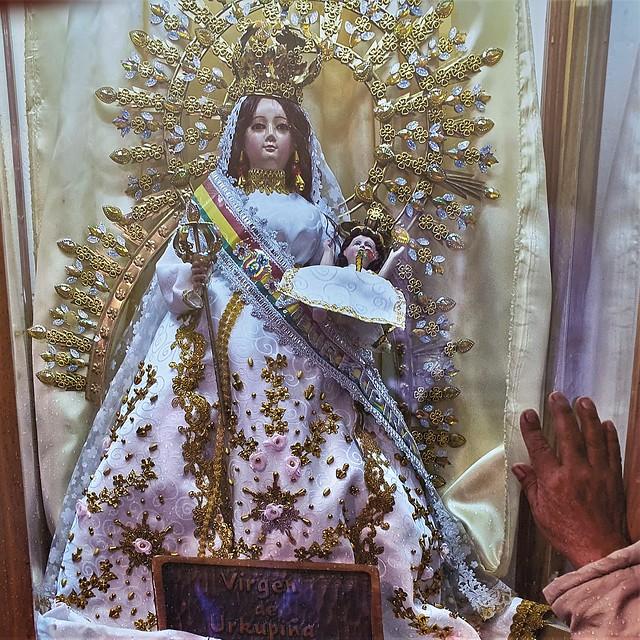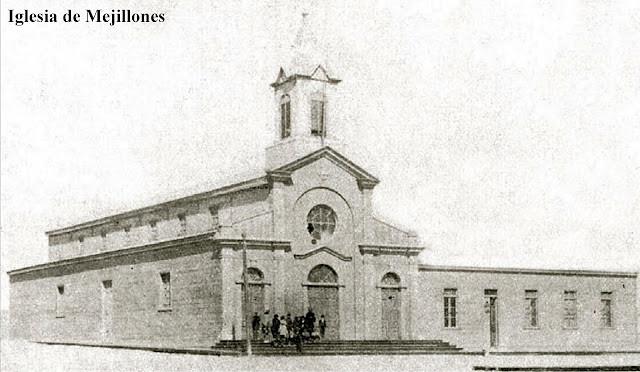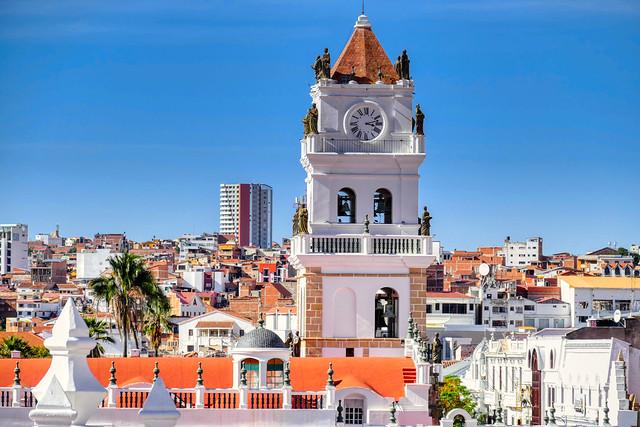
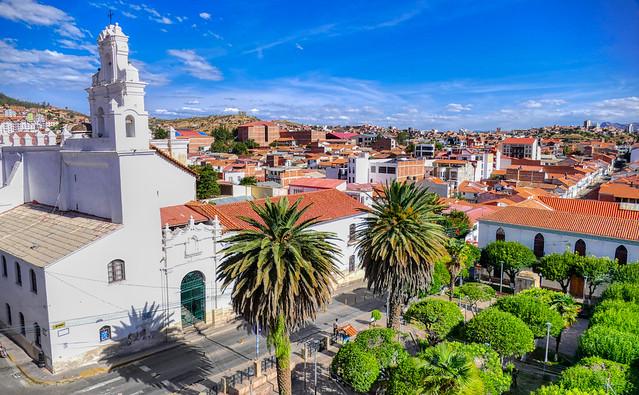
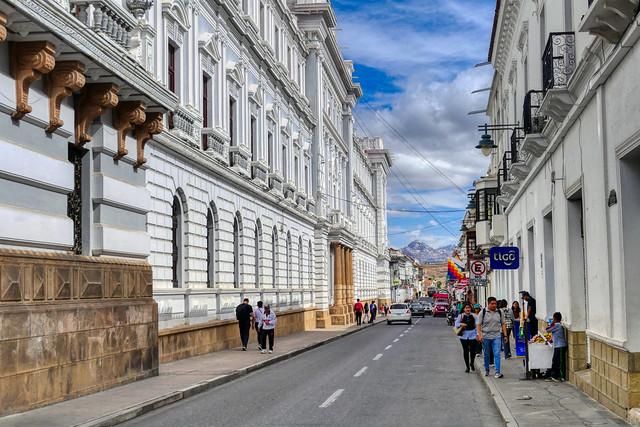
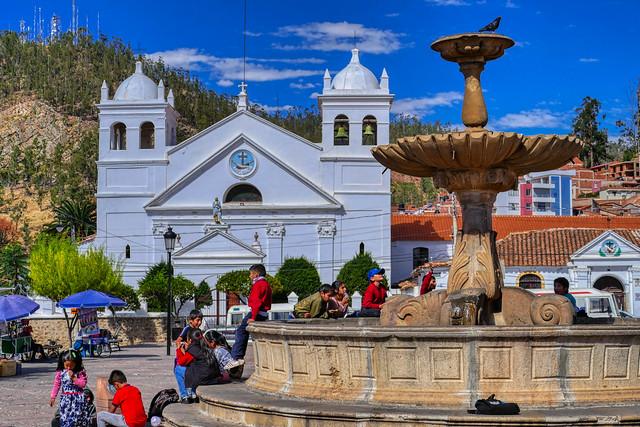
Sucre
Overview
Historical Significance
Sucre, the constitutional capital of Bolivia, is steeped in history and is often referred to as the "White City" due to its stunning whitewashed colonial buildings. The city played a crucial role in Bolivia's path to independence and is where the Declaration of Independence was signed on August 6, 1825. The historic center of Sucre is recognized as a UNESCO World Heritage Site, showcasing an impressive blend of Spanish colonial architecture and indigenous influences. Key historical sites include the Casa de la Libertad, where the independence document was signed, and the Cathedral of Sucre, a magnificent example of colonial architecture that dominates the city's main square, Plaza 25 de Mayo.
Cultural Richness
Sucre is a vibrant cultural hub, where traditions are deeply rooted and celebrated. The city hosts numerous festivals throughout the year, including the colorful Festival de la Virgen de Guadalupe and the lively Carnaval de Sucre, attracting both locals and tourists alike. Visitors can immerse themselves in the local culture by exploring the many museums, such as the Museo de Arte Indigenous, which showcases indigenous art and crafts, and the Casa de la Libertad museum, offering insights into Bolivia's struggle for freedom. The local cuisine is another highlight, with traditional dishes like salteñas (savory pastries) and pique a lo macho (a hearty meat dish) providing a taste of Bolivian flavors.
Atmosphere and Local Characteristics
The atmosphere in Sucre is charming and relaxed, characterized by its pleasant climate and friendly locals. The city's streets are lined with picturesque plazas, cafes, and artisan shops, making it a delightful place to stroll. The Plaza 25 de Mayo is the heart of the city, where you can sit on a bench, sip a coffee, and soak in the ambiance, often accompanied by street performers and musicians. The surrounding hills offer breathtaking views of the city and are ideal for hiking or leisurely walks, providing an escape into nature right on the city's doorstep.
Education and Influence
Sucre is also known for its educational institutions, notably the Universidad Mayor de San Francisco Xavier, one of the oldest universities in South America. This academic presence contributes to the city's youthful energy, with students from various regions of Bolivia and beyond flocking to Sucre for its academic offerings. As a result, the city has a vibrant arts scene, with galleries and theaters showcasing local talent and cultural expressions. This blend of education, history, and culture creates a dynamic environment that appeals to travelers seeking a deeper understanding of Bolivian society.
Accessibility and Nearby Attractions
Sucre is relatively easy to reach, with daily buses connecting it to major cities like La Paz and Santa Cruz. Once there, getting around the city is simple, with many attractions within walking distance. For those looking to explore beyond the city, nearby attractions include the stunning Tarabuco Market, known for its vibrant textiles and handicrafts, and the ancient ruins of La Recoleta, offering panoramic views and a peek into the region's pre-Columbian past.
In summary, Sucre is a city that beautifully encapsulates Bolivia's rich history and culture while providing a welcoming atmosphere for travelers. Its unique blend of colonial charm, vibrant local life, and historical significance makes it a must-visit destination for anyone looking to experience the heart of Bolivia.
Other towns or cities you may like in Bolivia
Explore other cities that share similar charm and attractions.



